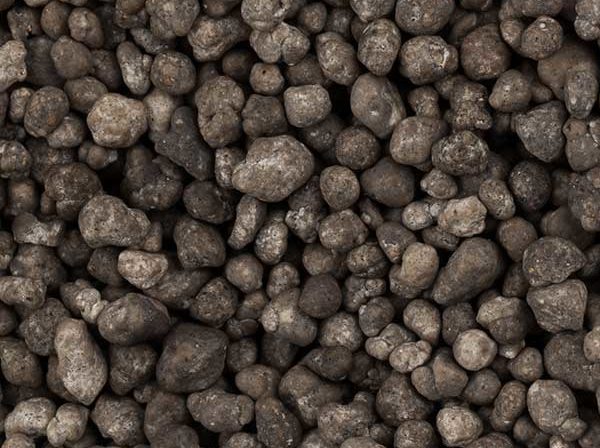$429.00/t - Ex-Store
Hastings Store – Regular shipments throughout Spring, Summer and AutumnAll Other Stores – Currently shipping to order. |

29% P, 11% S, 20% Ca |
Not supplied by Dickie Direct, included only for comparison purposes |
||
Supplied in bulk or 1250 KG bags (included in price) |
Use in: Summer, Autumn, Spring |
||
Click here for freight rates to your farm |
Triple Super is a high analysis phosphate source containing 20.5% P.
Phosphorus is an essential compound of Adenosine Triphosphate (ADP), the energising component driving plant development. Phosphorus plays an important role in photosynthesis as it enables plants to store and metabolise sugars, (the energy created in photosynthesis).The physical attributes in plants that are aided by phosphorus are: